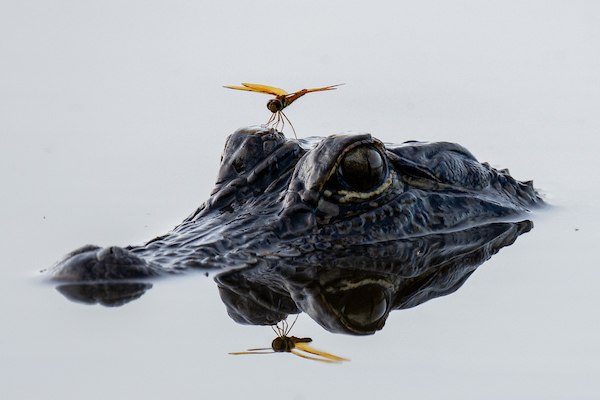Feral hog management workshop set for Feb. 27 in Seguin
Attendees will learn about biology, behavior and control methods of invasive pigs
The Texas A&M AgriLife Extension Service and the Geronimo and Alligator Creeks Watershed Partnership will host a feral hog management workshop on Feb. 27 in Seguin.

The free workshop will be from 9 a.m. to noon at the AgriLife Extension office in Guadalupe County, 210 East Live Oak St.. Registration is available online at geronimocreek.org or by calling 979-321-5921. Deadline to register is Feb. 21.
Attendees will learn about the biology, behavior and control methods of invasive pigs. Two Texas Department of Agriculture integrated pest management continuing education units will be available for private pesticide applicator license holders.
About feral hogs
Invasive feral hogs have a significant and negative impact on Texas agriculture, wildlife and watersheds. They can contribute to streambank erosion and water quality decline, which is a primary concern in the Geronimo and Alligator Creeks Watershed in Guadalupe and Comal counties.
When feral hogs congregate along creek banks, they introduce excess nutrients and bacteria to water bodies. This workshop is designed to educate and equip decision-makers who can help reduce the negative impact of feral hogs on Texas lands.
“This workshop is a great opportunity for landowners from any background to learn about feral hog management,” said Annalee Epps, Geronimo and Alligator Creeks Watershed coordinator in the Texas A&M Department of Soil and Crop Sciences. “We will introduce background information, offer trapping demonstrations and will provide ample time for questions and answers with state experts and local authorities.”
About the Geronimo and Alligator Creeks Watershed Partnership
Since 2009, the Geronimo and Alligator Creeks Watershed Partnership has worked to restore and protect local water quality. Participation and support from people who work and depend on the watershed is critical in addressing bacteria and nutrient pollution in the watershed.
Funding for this effort is provided through a federal Clean Water Act nonpoint source grant administered by the Texas Soil and Water Conservation Board from the U.S. Environmental Protection Agency.
For more information, contact Epps at 979-321-5921 or [email protected].




